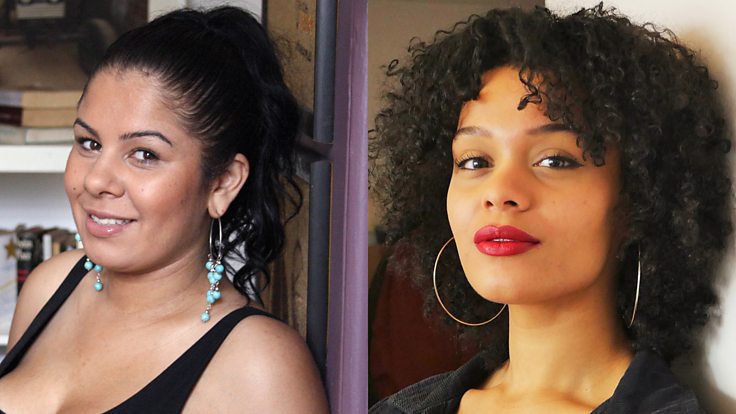The Challenge of Mixed-Blood Nations
Indian Country Today Media Network
2015-04-25
Duane Champagne, Professor of Sociology and American Indian Studies; Professor of Law
University of California, Los Angeles
Countries with indigenous nations usually also have mixed-blood nations composed of people of indigenous descent and other nations or races. In an increasingly shrinking world where ethnicity is a quantity in flux, it is sometimes difficult to get a handle on how they relate to one another. The two groups would seem to be natural allies. But the reality isn’t that simple.
To begin with, much depends on the relations of the mixed bloods to the larger nation state. Take Canada, where the mixed-blood community is called Métis, a French word meaning—well, mixed blood. The Métis historically have had friendly relations with Indian communities. But currently they claim their own history and culture, a hybrid of European and indigenous community. Some Métis identify and live with tribal communities, while others do not. These separatists believe themselves to be a distinct nation or ethnic group from the indigenous nations and from Canada. Métis communities in Canada have separate land claims and negotiations with the Canadian government.
Meanwhile, in Latin and South America, as well as in Africa, people of mixed blood usually do not strongly identify with indigenous nations. They tend to reject indigenous ways in favor of national culture. Mestizos, for instance, are persons of indigenous ancestry who have taken up national culture and do not live in or engage with members of indigenous tribal communities.
This disengagement, in fact, can be quite vehement. Mestizo nations like Mexico, El Salvador, Honduras, and many others segregate their indigenous communities and maintain hostile and repressive political and cultural relations over indigenous nations. As for assimilated Mestizos, they can generally be relied on to embrace the values and lifestyles of modern market economies and broad national culture while openly rejecting their indigenous counterparts.
In the United States, the situation is particularly complex because there is no official designation of a mixed-blood nation…
Read the entire article here.
